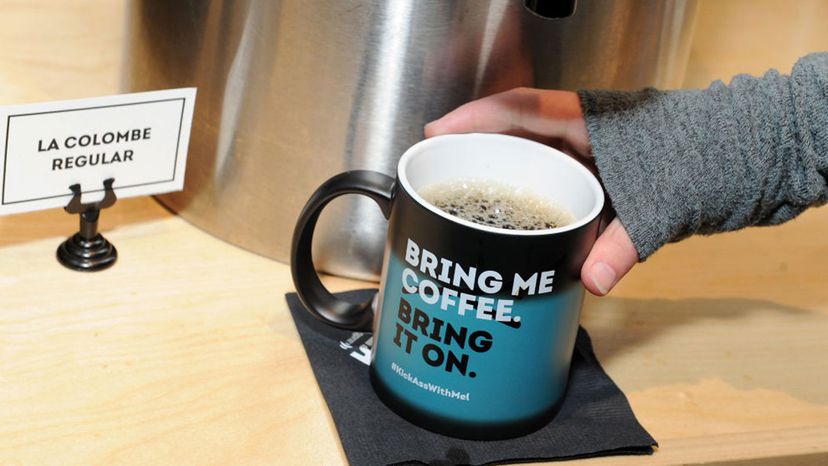
Most of us can’t get going without a morning cup of Joe. But some people need two or three cups before they feel alert. What accounts for the difference? Genetics play a crucial role in the way you process coffee.
A June 2018 report authored for the Institute for Scientific Information on Coffee by physician J.W. Langer found most coffee drinkers fall into one of three major groups, depending on the way they metabolize caffeine, the stimulant found in coffee.
Caffeine doesn’t stay in our bodies but is metabolized (broken down) in the liver. The main enzyme in the liver that does this is called CYP1A2. Different people have different versions of this enzyme depending on their genetic makeup and the type you have determines how quickly or slowly caffeine remains in your liver. This genetic variability also affects the binding of caffeine to your brain receptors, which influences how alert or tired you feel after, say, one cup of coffee.
Here’s how Dr. Langer broke down the three groups:
- High Sensitivity: These folks get wired from small amounts of caffeine and can have trouble sleeping because of this. Their livers metabolize caffeine at a snail’s pace, while their central nervous systems (comprising brain and spinal cord) go into high alert. Only a few people fall into this category.
- Regular Sensitivity: People in this category can down two to five cups a day and still sleep just fine — as long as they skip an evening dose.
- Low Sensitivity: These coffee drinkers metabolize caffeine very quickly. They can have several cups of coffee, and even a night-cap cup without feeling jittery or having their sleep disturbed. But to get the jolt of alertness from caffeine that people in the other two categories do, they have to drink a lot more coffee. (Health professionals caution against drinking more than five cups a day.)
"It’s common for people to ask their doctor questions such as why they are kept awake by one cup of coffee, while their partner easily falls asleep after five cups," said Langer in a press statement. "The answer is that we are all unique coffee drinkers. Our genetic make-up programmes our reaction to caffeine, just as it programmes our hair colour and eye colour."
Now That’s Stimulating
Coffee can have an almost magical effect on teamwork. Researchers at Ohio State University found that caffeine made people more alert, helped them stay on-topic and resulted in positive group performance reviews. Those who drank decaf coffee didn’t get those benefits.